
Now health workers working to protect the children who remain unvaccinated and vulnerable.
The full story via @rescue.org: bit.ly/43TImF0



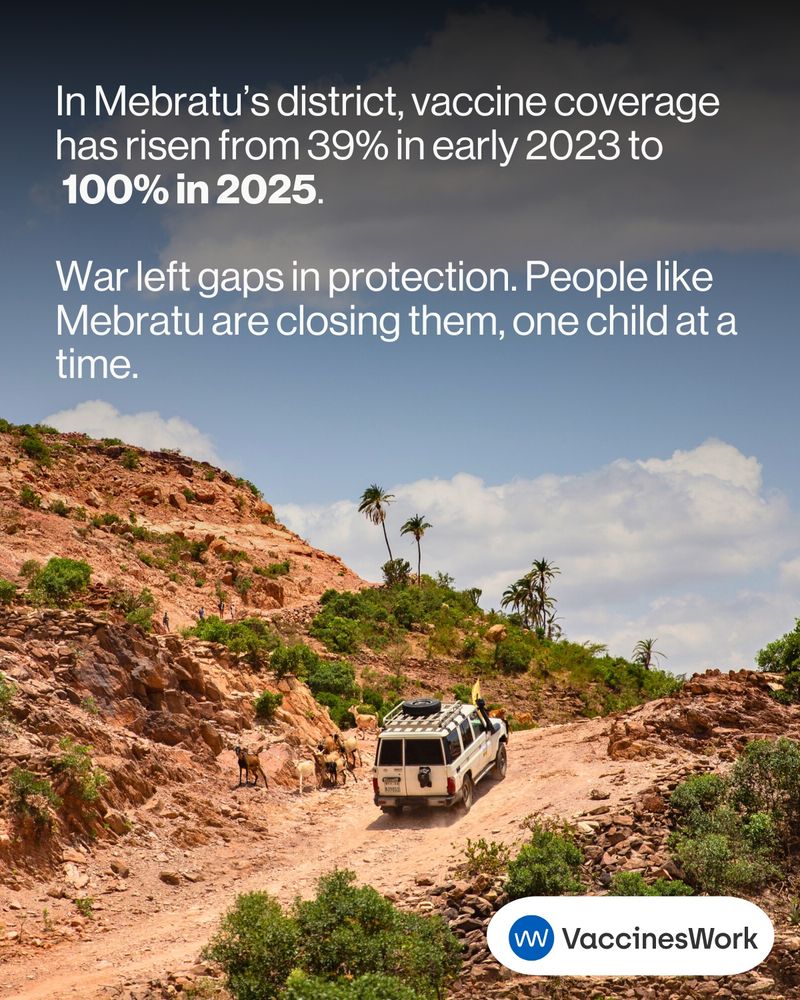
Now health workers working to protect the children who remain unvaccinated and vulnerable.
The full story via @rescue.org: bit.ly/43TImF0
Here’s a snapshot of what collaboration can achieve: bit.ly/3LZDGaA
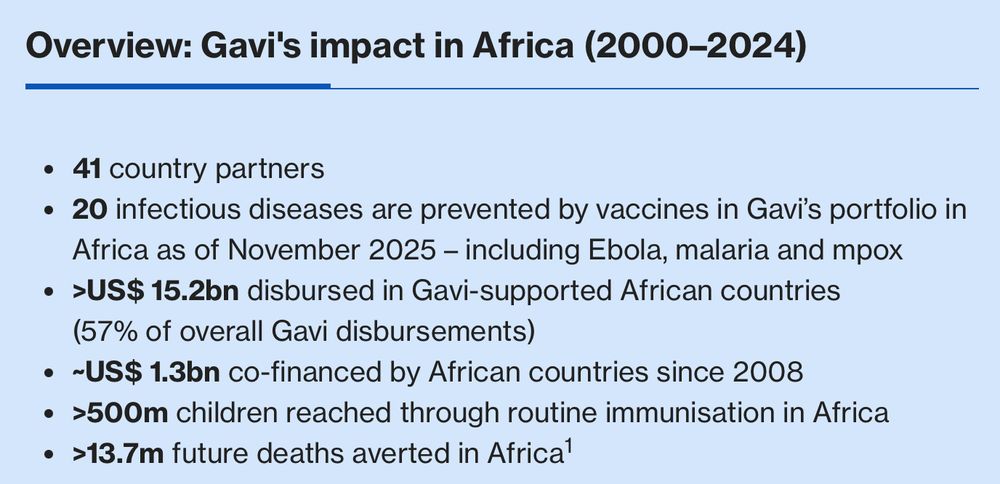
Here’s a snapshot of what collaboration can achieve: bit.ly/3LZDGaA
Now, she serves 15 households daily , helping detect disease early with diagnostic tools, checking vitals and providing health education.

Now, she serves 15 households daily , helping detect disease early with diagnostic tools, checking vitals and providing health education.

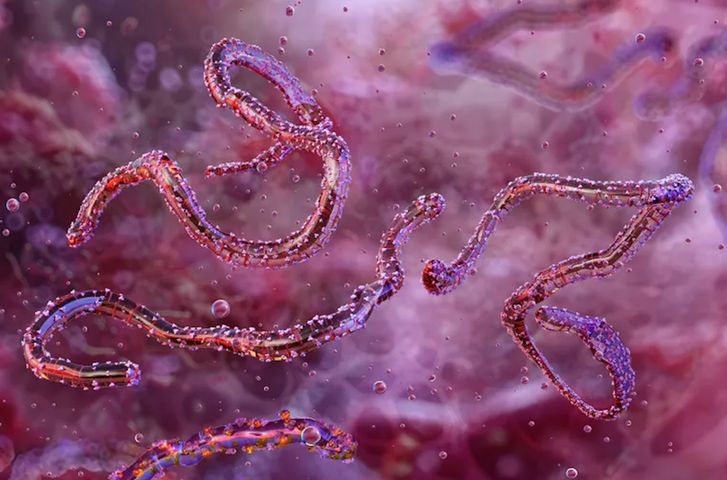
Now, that target has been met ahead of schedule.
Gavi CEO Dr Sania Nishtar explains how this opens the way to a safer future for millions of girls: bit.ly/3Xixs82
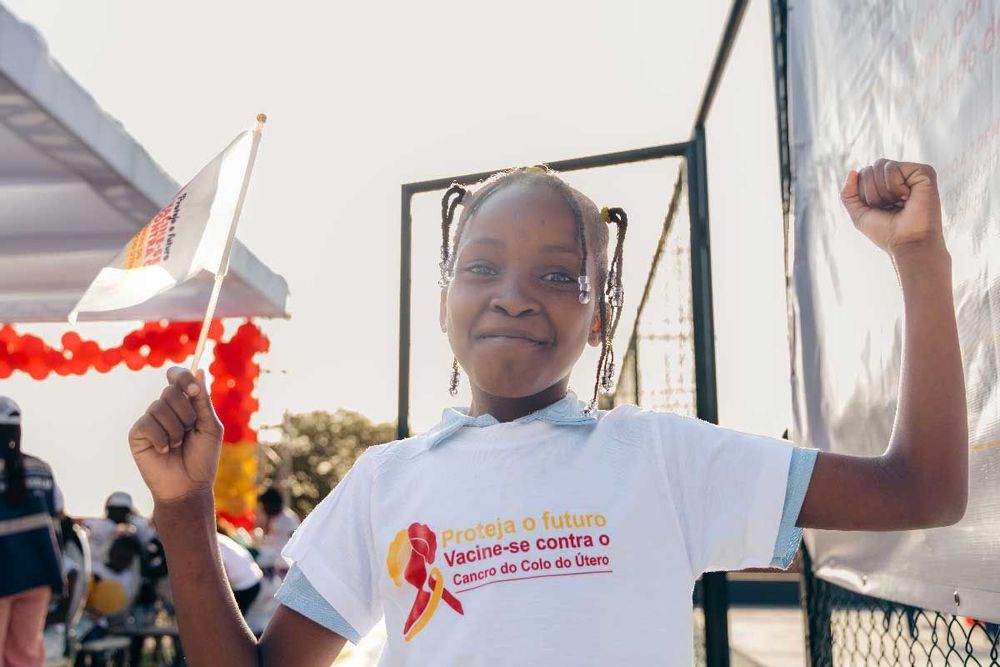
Now, that target has been met ahead of schedule.
Gavi CEO Dr Sania Nishtar explains how this opens the way to a safer future for millions of girls: bit.ly/3Xixs82

By 2022, just 13% of eligible girls had received a dose.

By 2022, just 13% of eligible girls had received a dose.

Here’s the latest news you need to know about antimicrobial resistance 👇🧵

Here’s the latest news you need to know about antimicrobial resistance 👇🧵
With nine million girls already vaccinated, work like hers has helped make this moment possible.

With nine million girls already vaccinated, work like hers has helped make this moment possible.
At the heart of the campaign are doctors like Dr Saima Zubair, whose advocacy in twelve languages has helped build trust where it matters most. 🧵

At the heart of the campaign are doctors like Dr Saima Zubair, whose advocacy in twelve languages has helped build trust where it matters most. 🧵
We congratulate Angola for launching the #HPV vaccine to protect girls against the second leading cause of cancer-related deaths in Angola. 🧵 @unicef.org @who.int

We congratulate Angola for launching the #HPV vaccine to protect girls against the second leading cause of cancer-related deaths in Angola. 🧵 @unicef.org @who.int

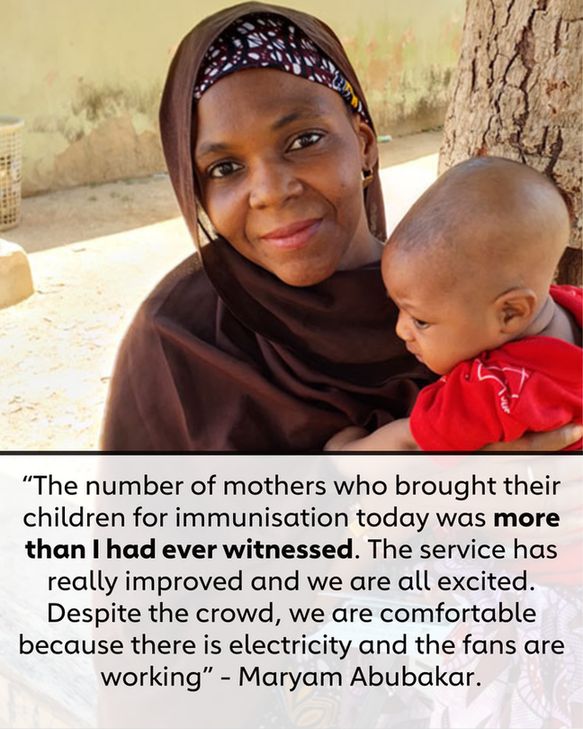

It spreads from fruit bats to humans, and more than 2 people billion people live in at-risk areas.
There’s no vaccine... but finally, there's some good news. 🧵
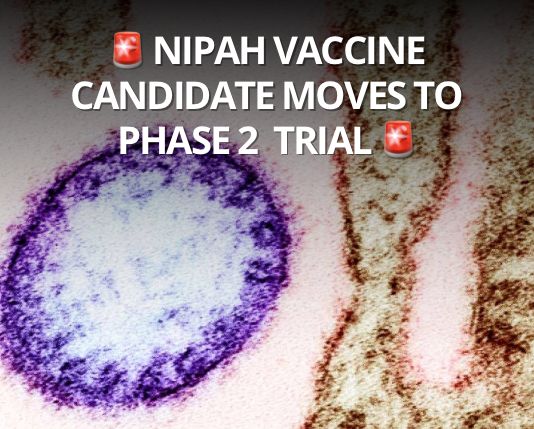
It spreads from fruit bats to humans, and more than 2 people billion people live in at-risk areas.
There’s no vaccine... but finally, there's some good news. 🧵

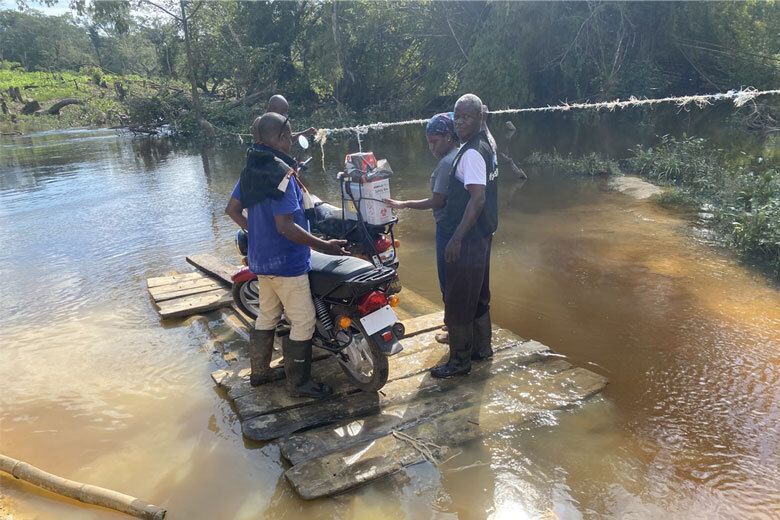
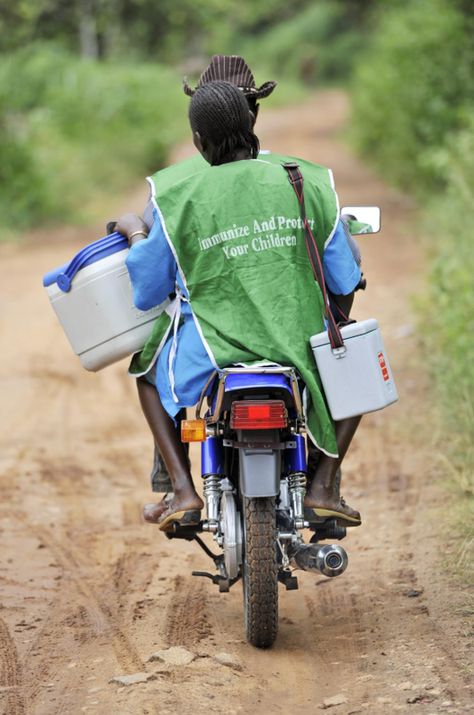

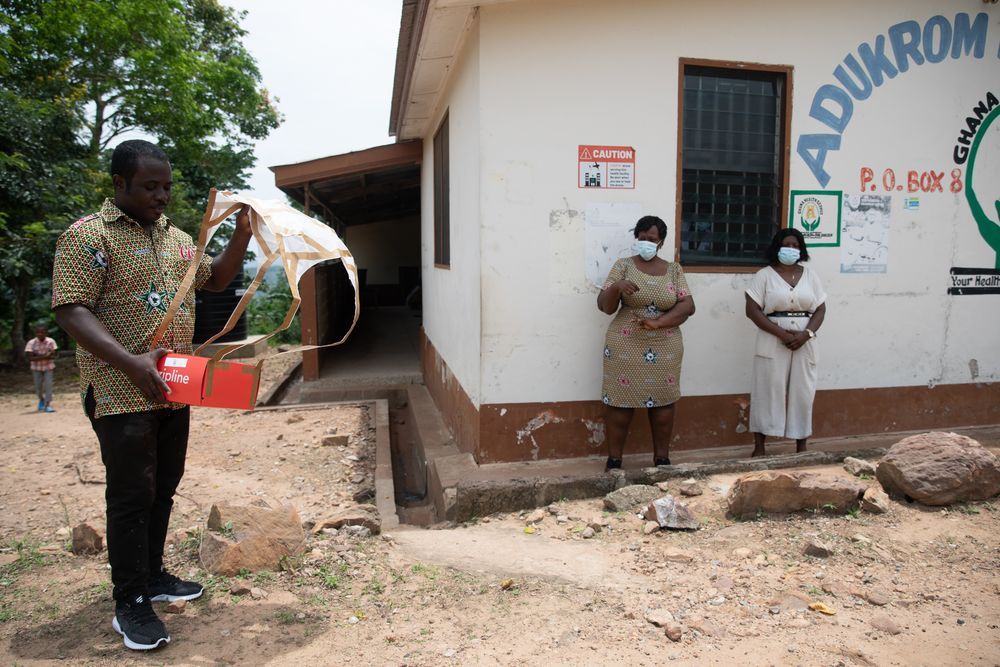
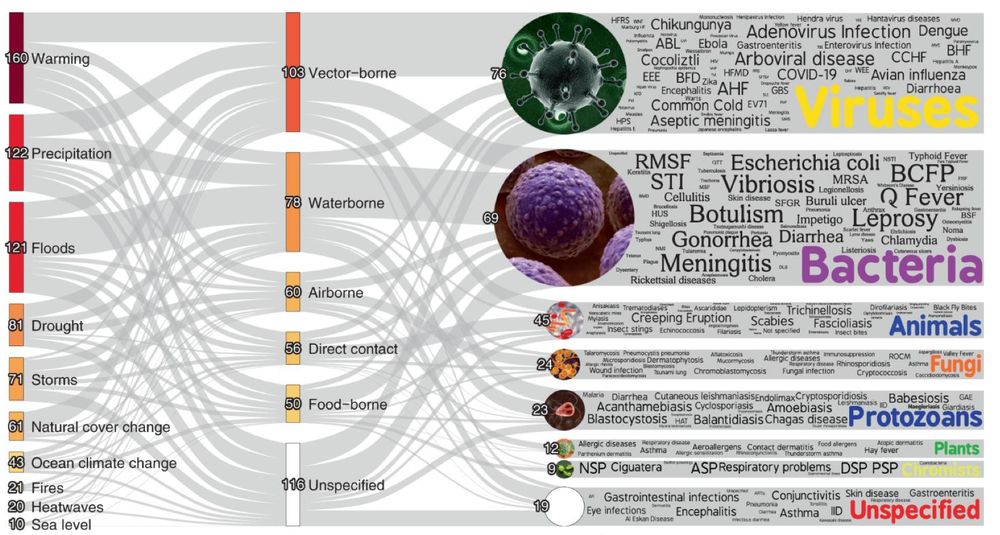
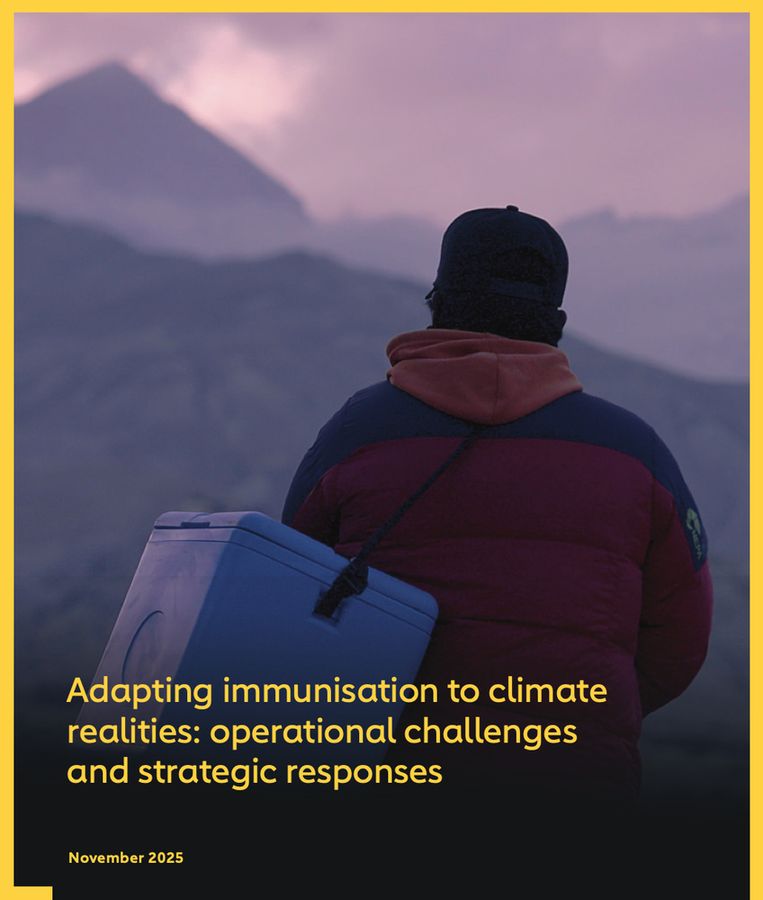
Vaccines are not only saving lives, especially for children under 5, they’re transforming the future for millions of families. #VaccinesWork
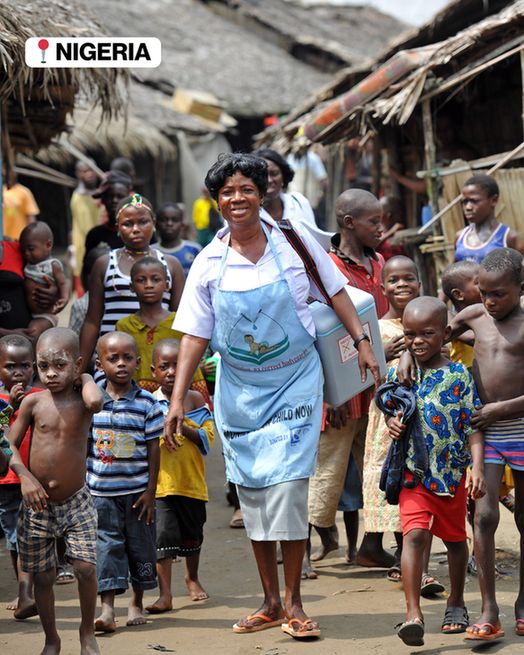
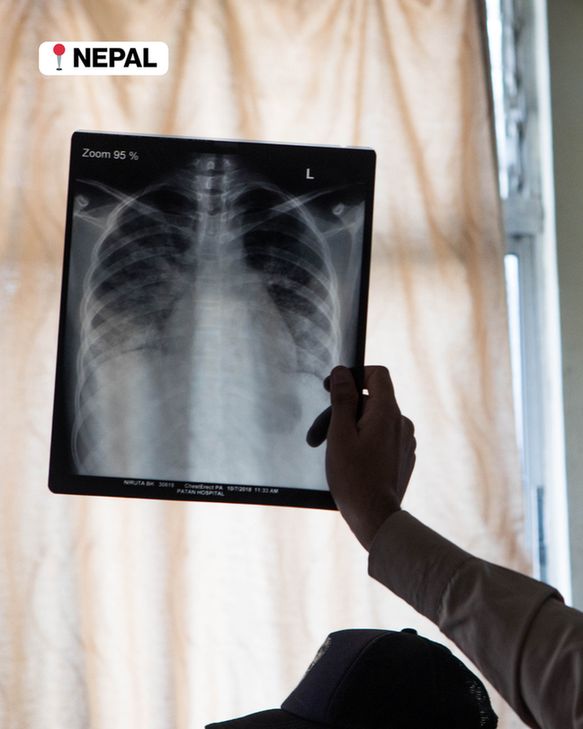


Vaccines are not only saving lives, especially for children under 5, they’re transforming the future for millions of families. #VaccinesWork

